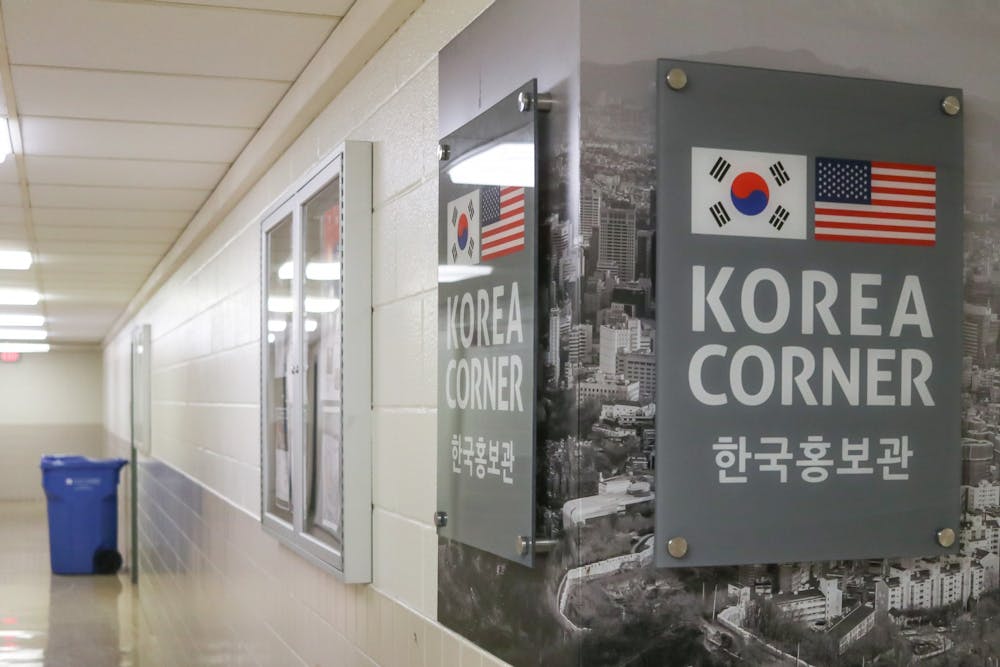For the past three years, Auburn University has offered a Korean after-school culture and language program for students in junior high or high school. Grade school students are able to register for the program either in the spring or fall semester, and there is no tuition.
“My master’s major is teaching Korean as a foreign language,” said Joori Lee, third-year instructor for the Korean after-school culture and language program. “While preparing for my master’s thesis, I felt the need for Korean language education while conducting a survey at Auburn.”
Lee said that it was important for her to give students interested in Korea the opportunity to learn about its language and culture.
“The Korean language and culture after school program began in August 2018,” Lee said. “Dr. Suh recognized the necessity of Korean language education a long time ago.”
With the help of Suhyun Suh, director of the University’s Korea Corner located in the Haley Center, Auburn was able to come up with the Korean after-school program.
“The Korean language includes the beginner-level Korean culture including Korean pop, traditional culture, modern culture and more,” Lee said. “Students can have positive thoughts, confidence and courage through the positive song lyrics of K-pop, even [in] the midst of [the] corona pandemic situation.”
Like many other programs, the Korean after-school program has moved to a virtual format this semester. At first, according to Lee, there were some difficulties transitioning to online learning, but with time the change has become easier.
“I feel great satisfaction [knowing] that the students seem to be interested and passionate about Korean study,” Lee said. “There are nine to 10 high school students and 12 to 13 middle school students enrolled in Korean classes.”
Lee said she tries to find friendly and approachable ways to teach Korean, like having her students listen to famous Korean bands, so students are able to find a tangible connection with the Korean culture.
“I believe that the perception of Korean as a foreign language is increasing,” Lee said. “I have spoken in American college classes as a guest on Korean language and culture.”
Lee finds that since the program has started more students are involved with the Korean language and culture, compared to before there was an after-school program.
“It is helpful to communicate with other classes and school[s] and other areas, as well as homeschoolers,” Lee said. “I sent a school and culture supply package with students for teaching and encouragement, [much] like receiving a gift.”
Lee said that moving online has changed the program, but she feels that students’ interaction with others interested in Korean makes the process a little simpler.
“In the Korean after-school program students can increase their understanding of other cultures and languages,” Lee said. “I believe the biggest improvements that I have seen in students are that they seem to be learning to speak to the Korean language on a higher level and have gained a broader understanding of Korean culture.”
Lee said students that find the Korean language and culture interesting sometimes go on to take Korean as a foreign language in college or even major in the language.
“I have enjoyed learning about my students’ culture and language, and in return students have a turn to learn about the Korean language and culture,” Lee said.
Do you like this story? The Plainsman doesn't accept money from tuition or student fees, and we don't charge a subscription fee. But you can donate to support The Plainsman.





